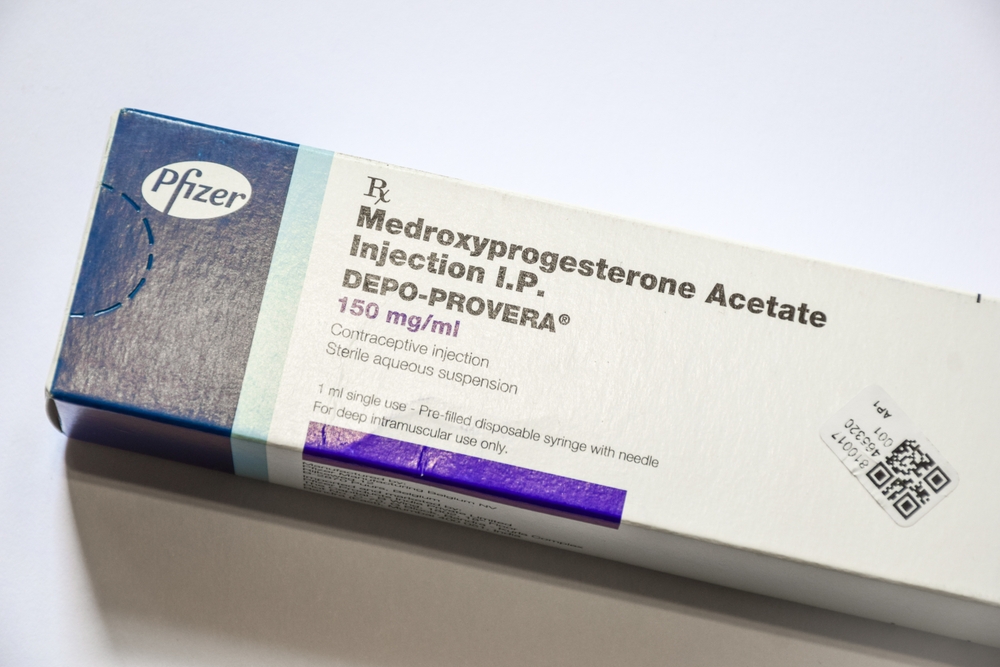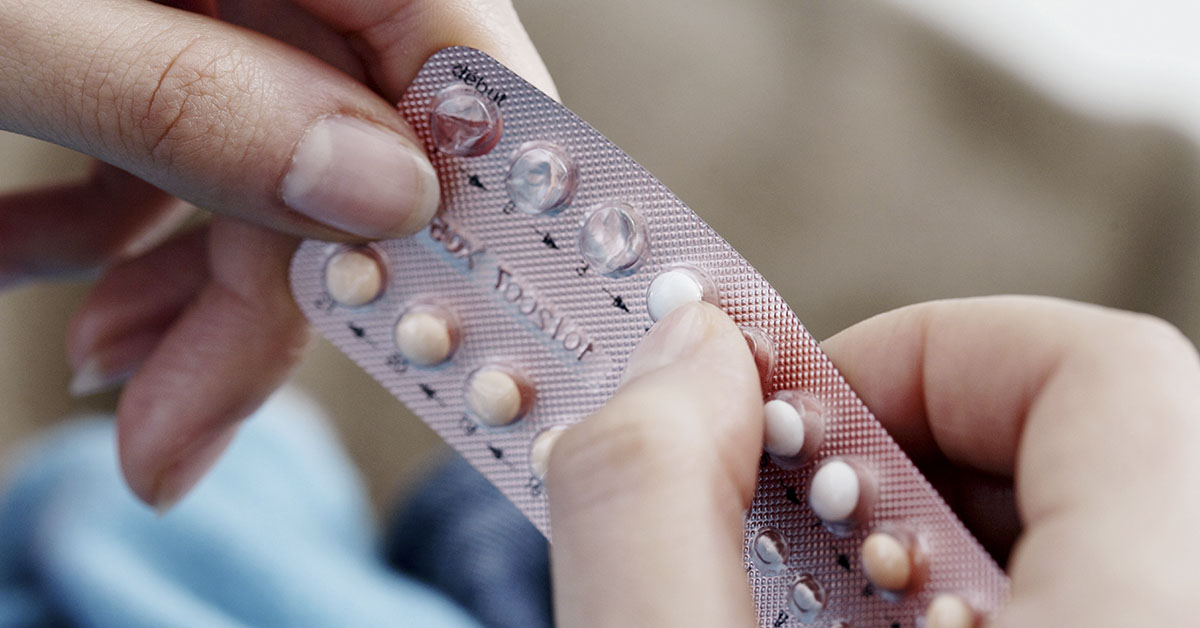Millions of American women take a little pill every day to avoid getting pregnant. Many believe it is completely safe. But several studies now connect certain types of birth control to higher risks of stroke and heart problems. Researchers have found that these birth control pills can cause side effects that influence inflammation and alter the nervous system. The findings are calling for doctors to be more careful when prescribing them and for women to be offered alternatives when their risks are high.

How Strokes Happen
A stroke happens when blood flow to the brain stops. Most strokes happen when blood clots block vessels carrying oxygen to the brain. Others occur when a blood vessel bursts and bleeds into brain tissue. Mini strokes, or transient ischemic attacks, are short blockages that resolve on their own but signal a higher risk of a major stroke. The warning signs come on suddenly, and acting quickly can prevent lasting damage or death. High blood pressure, high cholesterol, diabetes, obesity, inactivity, and heavy drinking all raise stroke risk.
Contraceptive pill use can add to that risk by increasing clotting factors and affecting blood vessels. Women who smoke, have high blood pressure, or have inherited clotting disorders are most at risk.
Birth Control Preferences Across Age Groups
Researchers examined the health records of nearly 15 million women in 2024. Almost half were using prescribed birth control. Oral contraceptives were the most popular option, being used by roughly 27% of women. Implants came in second at 3%, and intrauterine devices (IUDs) at almost 18%.

Age played a role in the type of birth control women used. Oral contraceptives were most popular among younger women, peaking at 42% in the 20–24 age group. IUD usage rose steadily with age, reaching its highest level between 35 and 44. This research included more women from lower-income backgrounds than most studies, so it offered a more comprehensive look at contraceptive use across income levels.
Two Ways Pills Increase Stroke Risk
Birth control pills with estrogen increase clotting factors in the blood. But there’s another problem. The synthetic hormones also change how women respond to stress.
Researchers compared 60 women using hormonal birth control with 67 who weren’t. After stress tests, users showed higher levels of TNF alpha, a protein that promotes inflammation. They also reported more negative emotions despite normal cortisol levels.
“This pattern could mean the pill is stopping women’s bodies and minds from recovering fully after stress,” said the lead researcher in the study, Summer Mengelkoch.
This matters because inflammation damages blood vessels and increases clotting. Poor stress recovery leads to chronic inflammation, raising the risk of cardiovascular disease, stroke, cancer, autoimmune disorders, and depression. So the pill may increase stroke risk through both direct clotting effects and inflammatory pathways.
How Pills Affect Brain Structure and Memory
Hormonal birth control pill side effects also include changes to brain structure. Another study found that women taking oral contraceptives had smaller hypothalamus regions than non-users. This is the area that regulates body temperature, mood, appetite, heart rate, and hormone balance.
The findings suggest the pill may also shape how memories are formed. Users often remember the emotional tone of an event, while non-users recall the specific details. This hints that synthetic hormones could influence how the brain processes and stores information. It’s important to note that not all methods carry the same effects. Combination pills with synthetic estrogen and progestin are more often linked to mood changes than progestin-only pills. Hormonal IUDs may pose fewer risks because they release hormones mainly localized to the uterus.
Pfizer Lawsuits and Missing US Warnings
Hundreds of women in the United States are suing Pfizer, claiming the injectable contraceptive Depo-Provera causes brain tumors known as meningiomas. These tumors can trigger serious neurological problems. Federal courts grouped all the cases into a single proceeding in the Northern District of Florida in early 2025.

Meanwhile, Pfizer updated product labels in Europe to warn about meningioma risk, but American labels remain unchanged. This means millions of U.S. women may be unaware of risks that European patients already know about.From 2015 to 2019, nearly one in four sexually active women in the country used Depo-Provera.
Better Risk Assessment for Women
Doctors need to assess stroke risk before prescribing the contraceptive pill. For higher-risk women, non-hormonal options like copper IUDs or barrier methods may be safer alternatives. But the assessment shouldn’t end there. Regular checkups are needed to monitor how risks change over time and adjust recommendations accordingly.
Recognizing Stroke Symptoms
Women using hormonal birth control need to recognize when a stroke might be happening. The warning signs include weakness on one side, slurred speech, confusion, changes in vision, dizziness, or a severe headache. Getting help immediately can save lives and prevent lasting damage.
Moving Beyond Pregnancy Prevention Alone
The conversation about birth control safety is far from over. For too long, the focus has been on preventing pregnancy, with birth control pill side effects treated as secondary concerns. But as millions of women live with these medications in their systems for years or even decades, understanding their full effects on the body becomes essential. Women shouldn’t have to choose between effective contraception and their long-term health. The path forward requires developing better options and ensuring every woman has access to complete, accurate information about the choices available to her.

